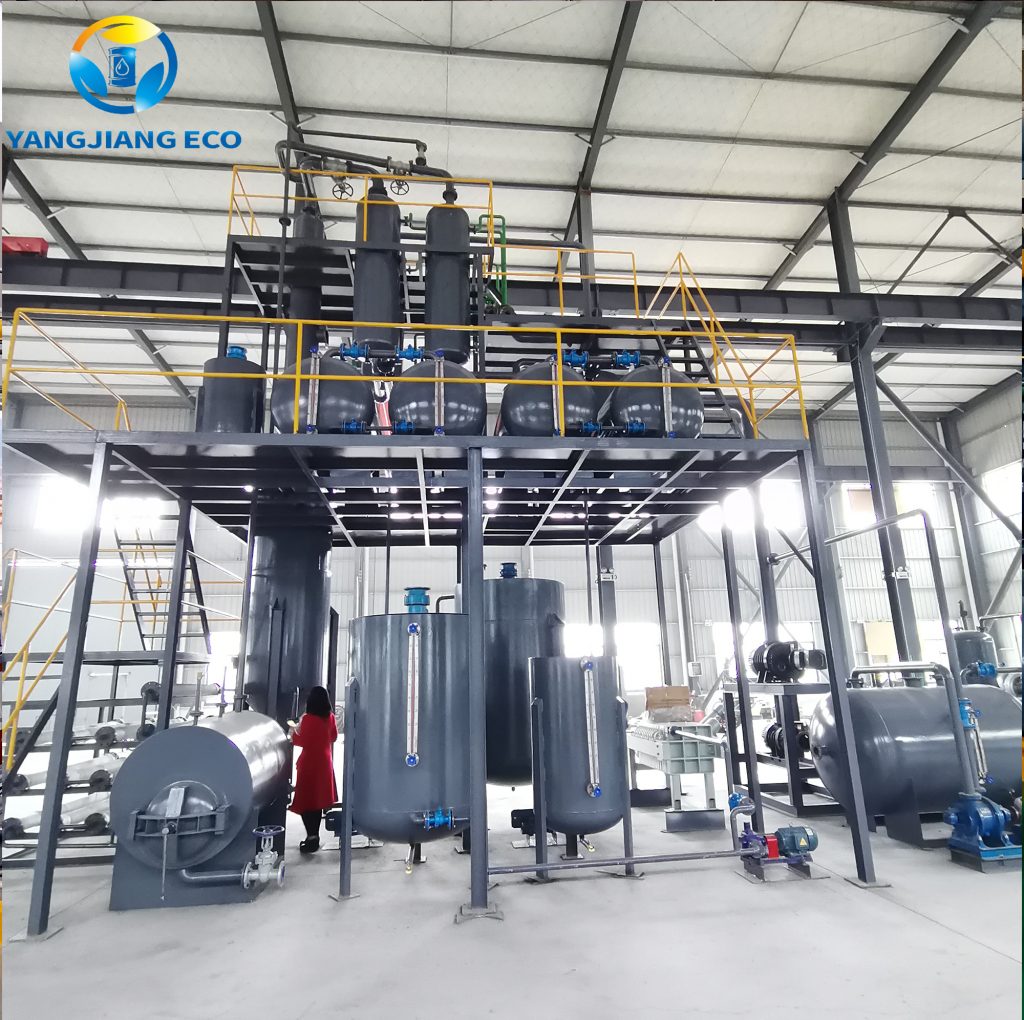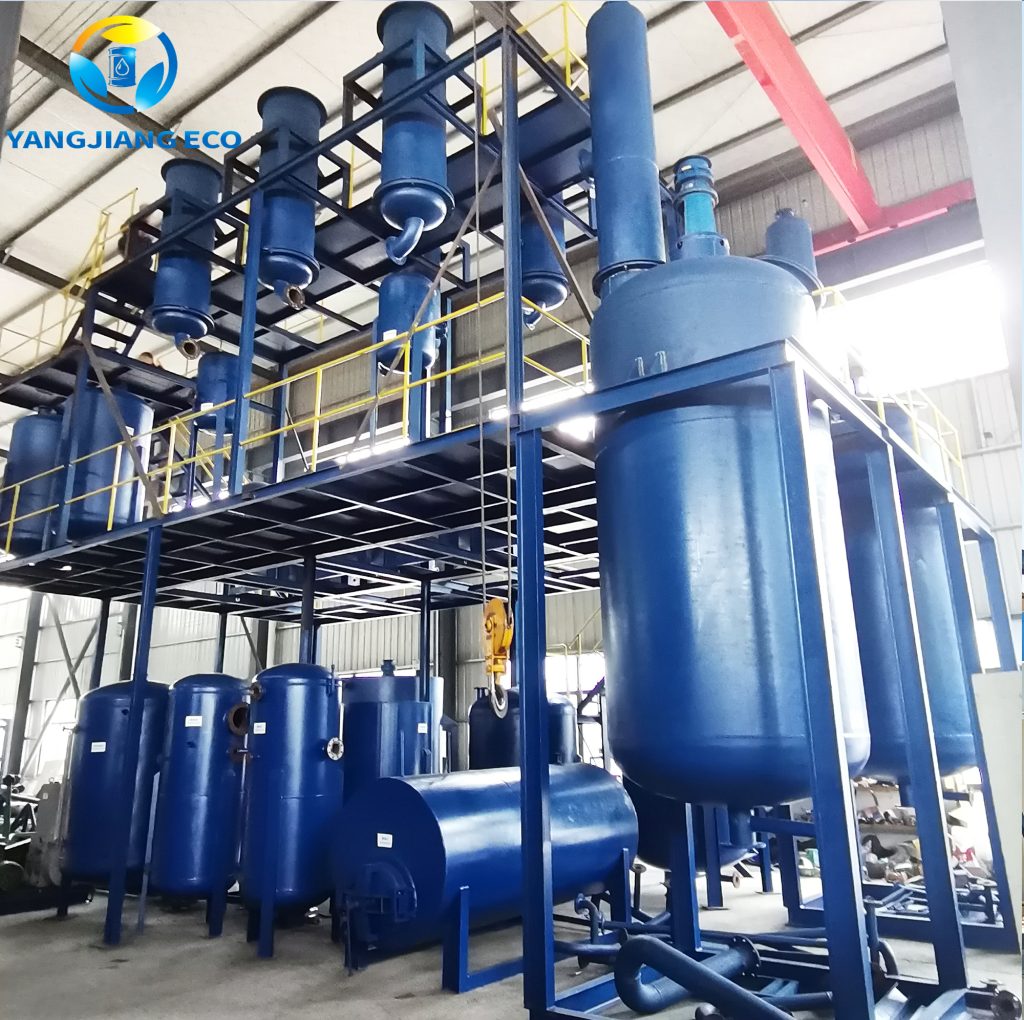If you own or operate vehicles or machinery, you already know that used motor oil is a normal byproduct of regular maintenance. A lot of people don’t appreciate the consequences of improper disposal, though. Disposing of used motor oil down a drain, on the ground, or in the trash may seem convenient, but it can lead to long-term environmental damage and regulatory risks for companies.
Years of working in used motor oil recycling machine production have made me familiar with the harm careless handling can cause and the advantages of used oil processing. In this article, we are going to share real-life advice on how to dispose of used motor oil a correct way and how new recycling technologies can transform waste into a valuable resource.
Why Proper Disposal of Used Motor Oil Matters?
Used motor oil is more than just used oil. It’s a potential long-term risk. If used oil is not drained properly from an engine, the excess oil may contain heavy metals, combusted residues, and other dangerous materials that can poison the soil and water infrastructure. Even the smallest used motor oil spill damages ecosystems and ruins public health.
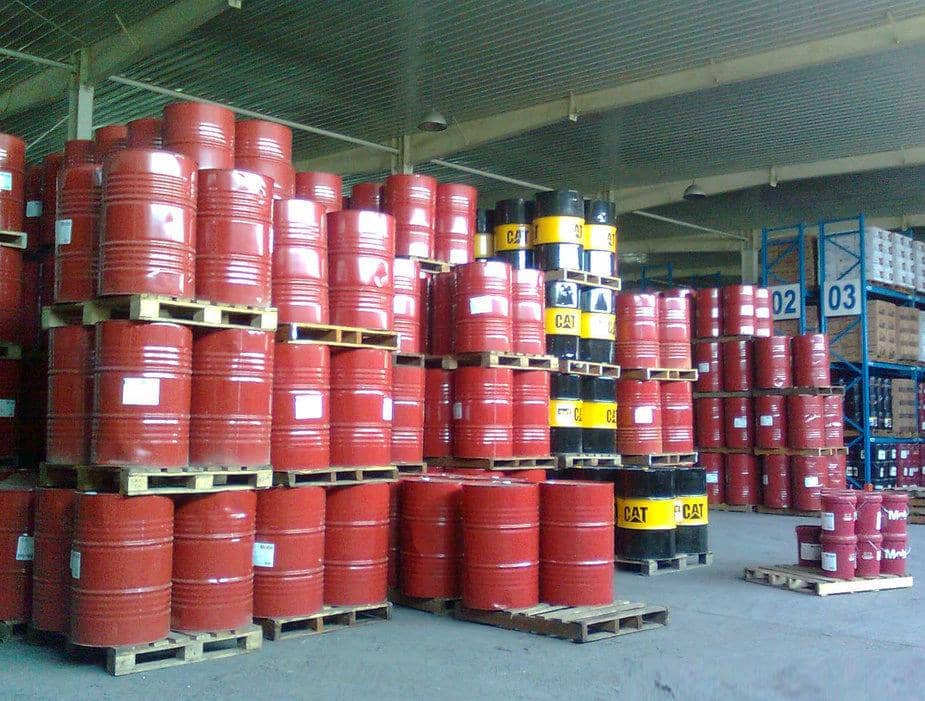
There are three main industry reasons for the proper disposal of used motor oil.
- First is protective environmental legislation. Dumping used motor oil pollutes groundwater and freshwater and destroys natural ecosystems beyond repair.
- Second is the risk of governmental penalties. All countries of the world have heavy legislative restrictions around used oil disposal which can lead to a business losing its customers and reputation.
- Third is the value of used motor oil. Unlike other wastes, motor oil still has valuable oil reserves. That waste oil can still be recycled and used for other products.
We have learned that proper disposal of oil waste not only saves a business from losing waste, but also turning waste into profit. The action taken should not regular waste disposal and recycling, but should also be viewed from the lens of a business that is combining sustainability with waste disposal, in a profitable manner.
Common Options to Get Rid of Used Motor Oil
Responsible management of used motor oil is important for the environment and compliance with regulations. Depending on the scenario, there are different practical options for managing this waste:
- Recycle Motor Oil Collection Center
Many motor vehicle repair shops, service stations, and municipal oil recycling sites accept used motor oil. This is a practical option for individuals and small businesses, which guarantees safe disposal and recycling of the oil.
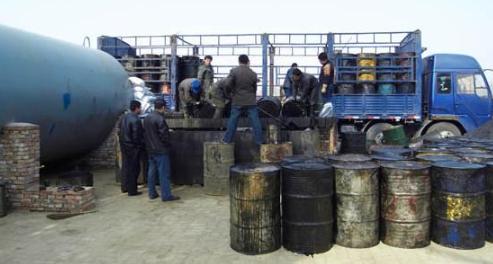
- Policies and Procedures for Safe Oil Storage
For businesses and individuals that generate used oil on a routine basis, for ease of transport and safe disposal, used oil can be stored in sealed and properly labeled containers. Keeping used oil separate from antifreeze and other incidentals, such as solvents, improves the recyclability of the oil and ensures that other hazards are controlled.
- Set Up a Used Motor Oil Recycling Machine
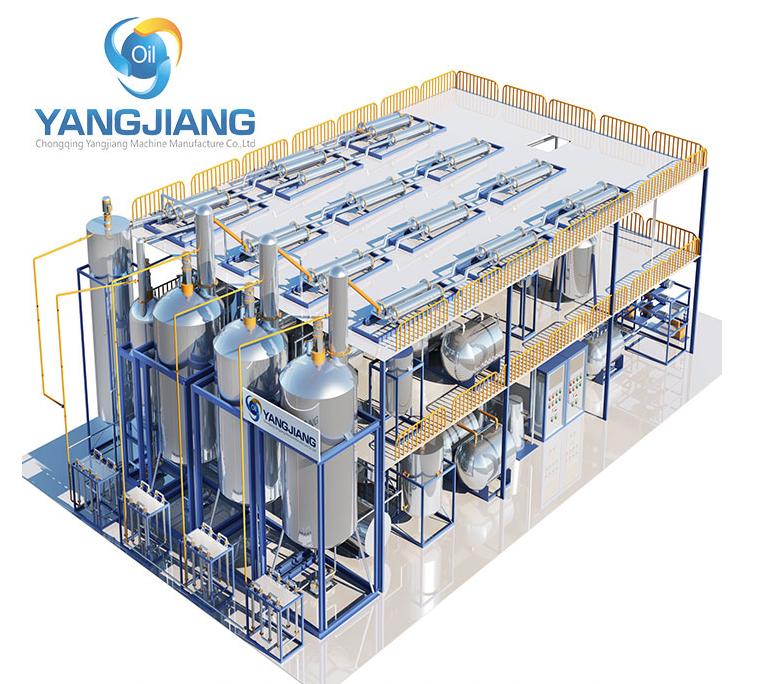
Having a motor oil recycling machine can make a significant improvement in your business. With this machine, you can refine motor oil right to its operating state. This not only saves the business money on lubricants and disposal costs, but also allows for motor oil to be disposed of responsibly.
- Use the Services of a Professional Recycler
Professional services can inventory, organize, and transform waste motor oil into oil-based industrial fuel or lubricants. This option fits perfectly for corporations that do not have enough space or facilities for self-service.
With the sophisticated oil volume and your business’s capability and objectives, the right choice option can be made. However, for companies whose goals include gaining control over waste management, the used motor oil recycling machine is a suitable choice, which offers the greatest ROI.
The Role of Used Motor Oil Recycling Technology
Transforming hazardous waste into something valuable is vital. Used motor oil recycling technology is how this is done. Implementing technology with modern recycling techniques cleans spent oil and removes water, impurities, and chemical residues. After this, the oil can be reused as base oil or industrial fuel.
The key benefits of this technology are the following:
- Recovery: Less-used oil can be disposed of, and more oil can be recovered. This is accomplished through advanced filtration and distillation systems.
- Oil Consistency: Controlling distillation temperatures and vacuums, as well as other separation techniques, oil can be recycled and satisfy a given performance standard.
- Spill Prevention: Recycling machines offer a more modern approach that eliminates the possibility of disposal chains, soil contamination, and other emissions of old recycling methods.
From a business standpoint, used oil recycling technology reduces waste and adds oil or lubricant. Oil or used motor lubricant and oil are re-estimated through the oil regeneration process. The re-estimation reduces the oil disposable limits, and the oil regeneration process increases the oil and lubricant disposable limits.
In the motor recycling/disposal process, used motor oil and lubricant are considered waste, only used up on unused parts. Used motor lubricants are disposed of by oil regeneration–the process by which waste used motor oil is converted into base oil.

How Businesses Can Benefit from Used Motor Oil Recycling Machines?
When companies invest in a recycling machine, the advantages go beyond being eco-friendly.
- Lowering Costs. Used motor oil on-site recycling eliminates the purchase of new lubricants and the costs of waste disposal. With time, these savings can recover the purchase costs of the recycling equipment.
- Avoiding Penalties. Having recycling equipment removes uncertainties on compliance with evolving and stricter regulations. You can avoid fines, legal actions, and operational halts.
- Operational Control and Efficiency. In-house recycling of oil gives the oil business greater control over the waste management process. You can reduce dependence on third parties and control the processing throughput.
In a word, a motor oil recycling machine can help turn waste management into an operational advantage instead of a liability. It helps businesses save costs, reduce waste positively, and gives opportunities to support sustainability.
Conclusion
The recycling of used motor oil is both an environmentally responsible obligation and a business-wise decision. Misdisposal risks fines, pollution, and damage to one’s reputation, while recycling turns waste into an economical commodity. The capital spent on used motor oil recycling equipment allows businesses to recover oil onsite in a safe way, reduce expenses, and contribute to sustainability goals.
Recommended Products

